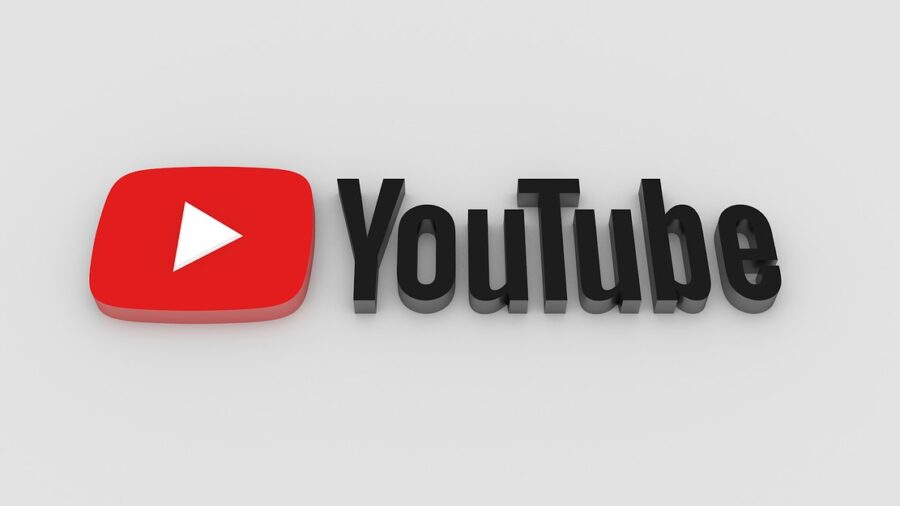YouTube Finally Has A Plan To Protect Kids From Predators
YouTube is upping its security game to help protect kids that are using its services. This is an effort to stop predators from targeting kids
This article is more than 2 years old

Since pressure has been placed on Google for more security for children on its platforms, it has implemented some changes to YouTube and other services. The alterations will affect users who are under 18 years old. YouTube will face one of the most significant changes. The default setting for uploaded content will be its most private setting, so anyone under 18 will not be able to see it unless selected by the owner of the video or it is shared with them.
Content creators can select a public setting for their videos on YouTube. For users between 13-17 years old, prompts will be provided to inform them on who can view their videos. One feature that will be turned off on YouTube for underaged users will be the autoplay feature. It will add the button on YouTube Kids, the alternate service for ages 4-12 years old, but it will be off by default and can be turned on if it is wanted. In promoting younger users to having a break in viewing binges on YouTube, “take a break” and “bedtime” reminders will be on by default.
As YouTube Kids has never had advertisements, it will enforce a new policy to go further on its stance on any commercialized content. Videos that encourage viewers to spend money in any way, like anything centered on a particular product, will be taken down. Following its changed stance on advertisements for younger audiences, it will block ad-targeting based on one’s age, gender, or interests.

It is not just YouTube that is facing changes. Google Images will let anyone under 18 or their parent or guardian request their picture to be taken off if it appears as a search result. Underaged users will have Google SafeSearch will be on by default, and Location History will be turned off by default. Google Play will have a new “Families” section where apps must give more details on data sharing practices. Finally, for Google Assistant, the tech giant will roll out in the coming months more options to filter out news, podcasts, and access to web pages.
These changes are most likely due to the aftermath of a $170 million settlement in 2019 for allegations by the Federal Trade Commission and the New York Attorney General that YouTube had been illegally collecting data on children. Google will be adding resources for young people and their parents to understand data that is collected, the reason behind it, and how it is used. The question is, will that be enough?
YouTube has had plenty of criticism, both from viewers and from its content creators. Certain family-friendly changes with advertising have made it even harder for people to make money; even some of the biggest content creators have taken issue with the company over it. It also has been experimenting with new features like removing the counter on dislikes to improve the well-being of its creators and avoid dislike campaigns from trolls and haters. That means only the owner of the videos can see it without the public seeing how many dislikes a video has, but it is only in its infancy with certain accounts having the feature.












